Why Self Upgrade is Essential for Chess Trainers
03 March 2026

25 November 2025
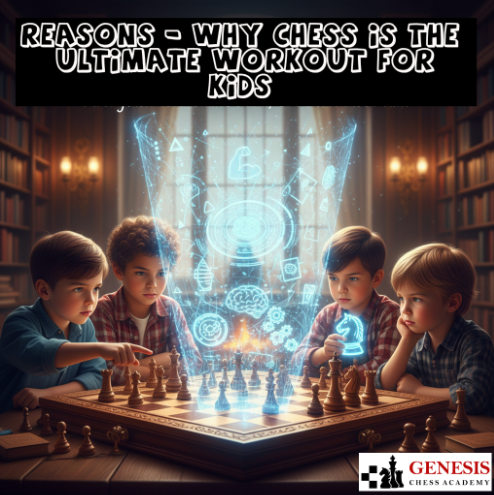
In a world that is dominated by screens scrolling and instant gratification, finding an activity that challenges the minds of today’s generations is much difficult and often seen as a challenge.
Chess, which is often seen as a complicated board game is a globally recognized as an ancient art form that quietly challenges the brain and develop the power of critical thinking in young minds
If someone is looking for an activity for kids that offers a tremendous return investment for their kids mind development, here are some reasons why they should make their child learn chess.
Chess - a game that demands that players anticipate some of their moves in advance which develops strategic thinking skills in them and they learn to think about long term consequences of every move they play and not only about immediate gains . This quality of strategic thinking is invaluable translating directly to planning academic projects, managing time, and setting future goals.
A game of chess can last up to several minutes and even an hour so they are able to learn to get out of distraction and completely focus on the board for a longer period of time . Over time, this immensely impacts their attention span which is the crucial skill in excelling in academics and in life.
In Chess, moving pieces without realising the consequences can lead to disaster, Kids quickly learn to pause and analyze the moves without rushing and evaluating all the available options. This process instills profound patience and the skill of deliberation, fighting the urge for impulsive and rushing action.
While playing chess, every movement of a piece made by the opponent is a problem that needs to be solved. Chess helps kids to understand complex situations and break it down into small manageable parts and apply creative solutions.
Chess requires players to often recall memories to open theories, successful attack patterns and past strategies. To remember where the pieces were positioned and the sequence of moves enhances visual and spatial memory , improving their capacity of retain and recall information
Chess is a game of pure logic, Children learn cause and effect relationships. For example if i do x move opponent has to move y piece which will lead to z situation . This systematic thinking strengthens analytical thinking, helping them understand complex arguments.
A child plays chess alone. There are no teammates to rely on. Every success and every failure on the board is solely their own. This exercise builds immense self-reliance and personal responsibility, teaching them that the quality of their decisions directly determines their outcome.
Teaching chess to a kid is not just for building a Next Grandmaster, it’s about giving them the crucial tools for success in the 21st century. It's a game that respects intelligence, rewards effort, and builds the patience and strategic foresight necessary to tackle the complexities of modern life. Enroll your child today and watch the quiet genius unfold.
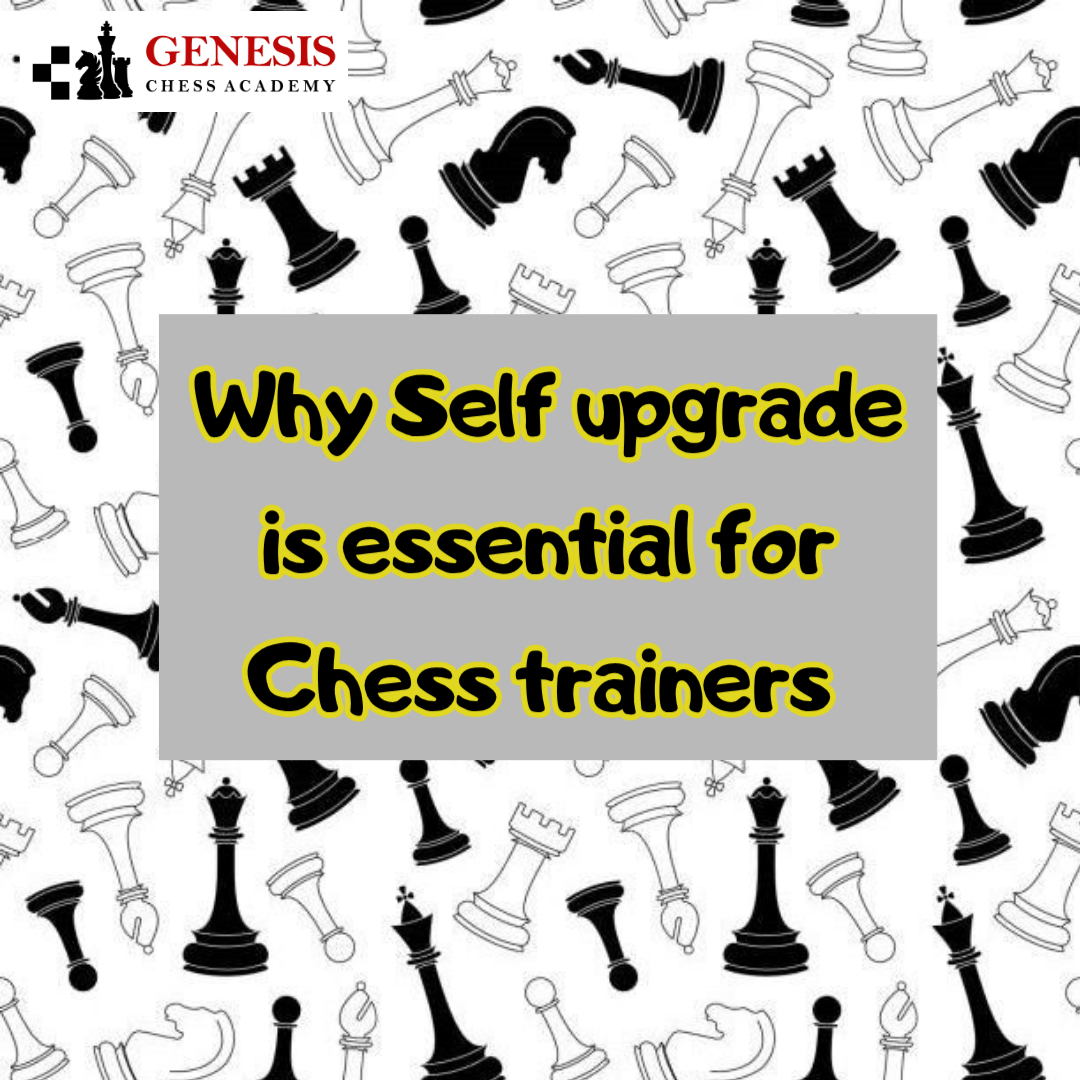
03 March 2026
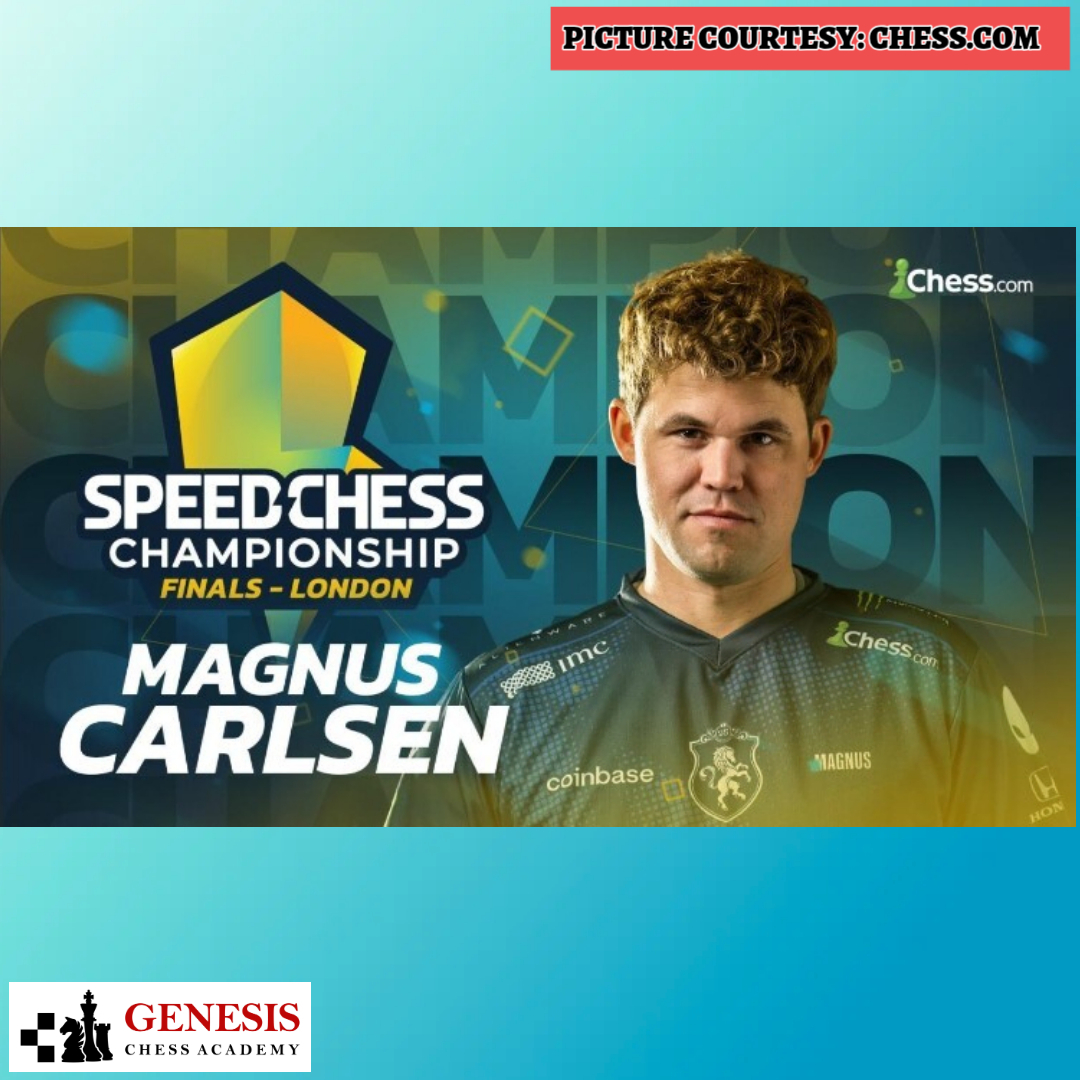
09 February 2026
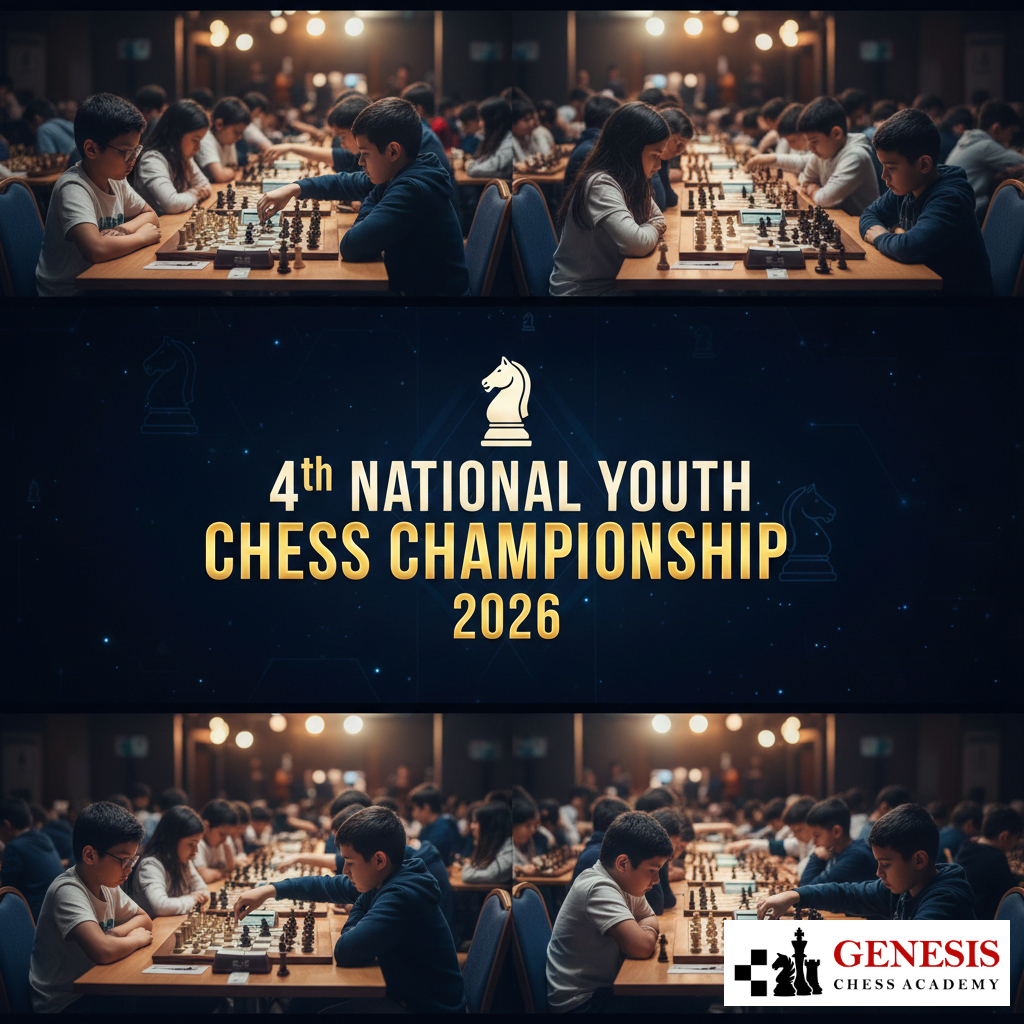
09 February 2026
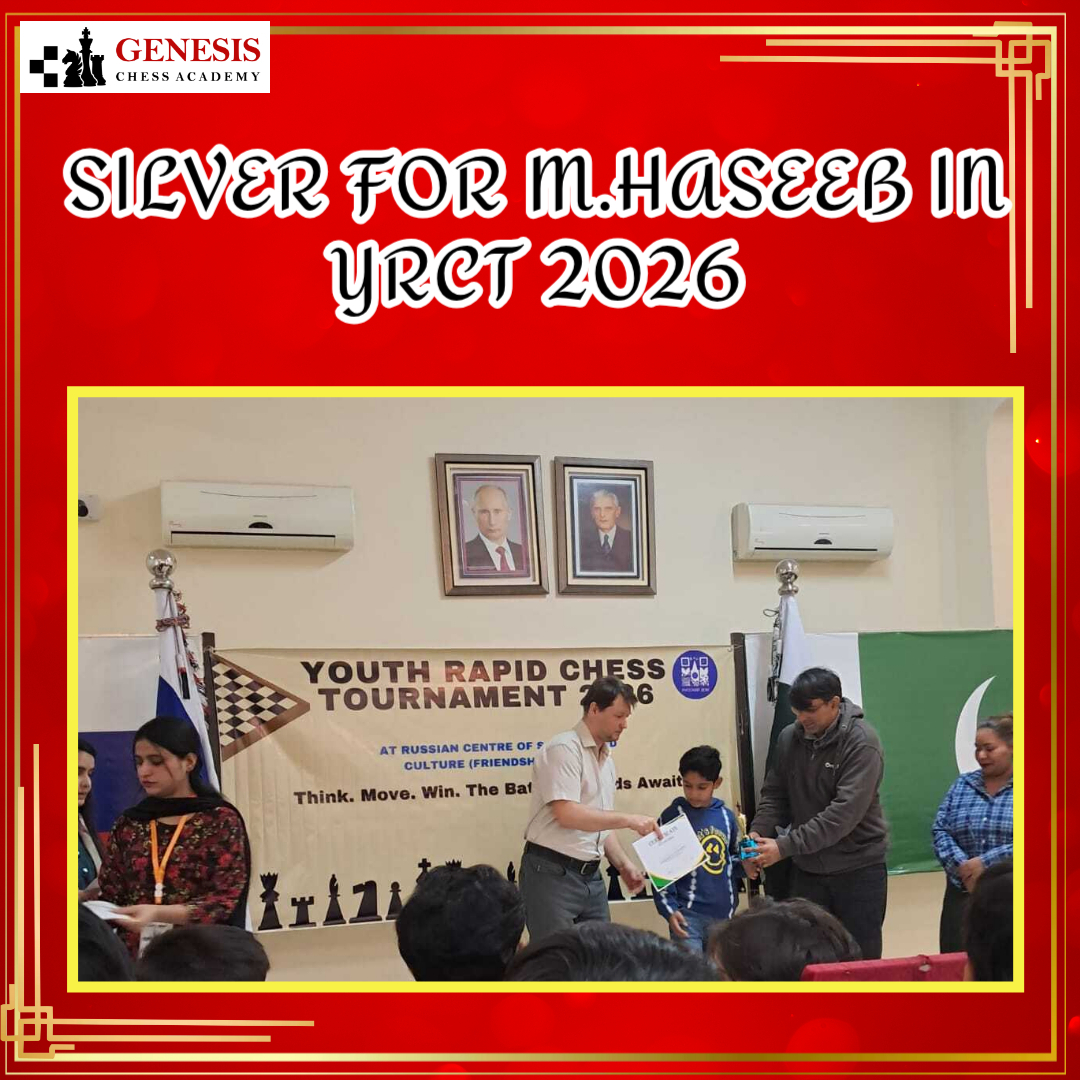
08 February 2026
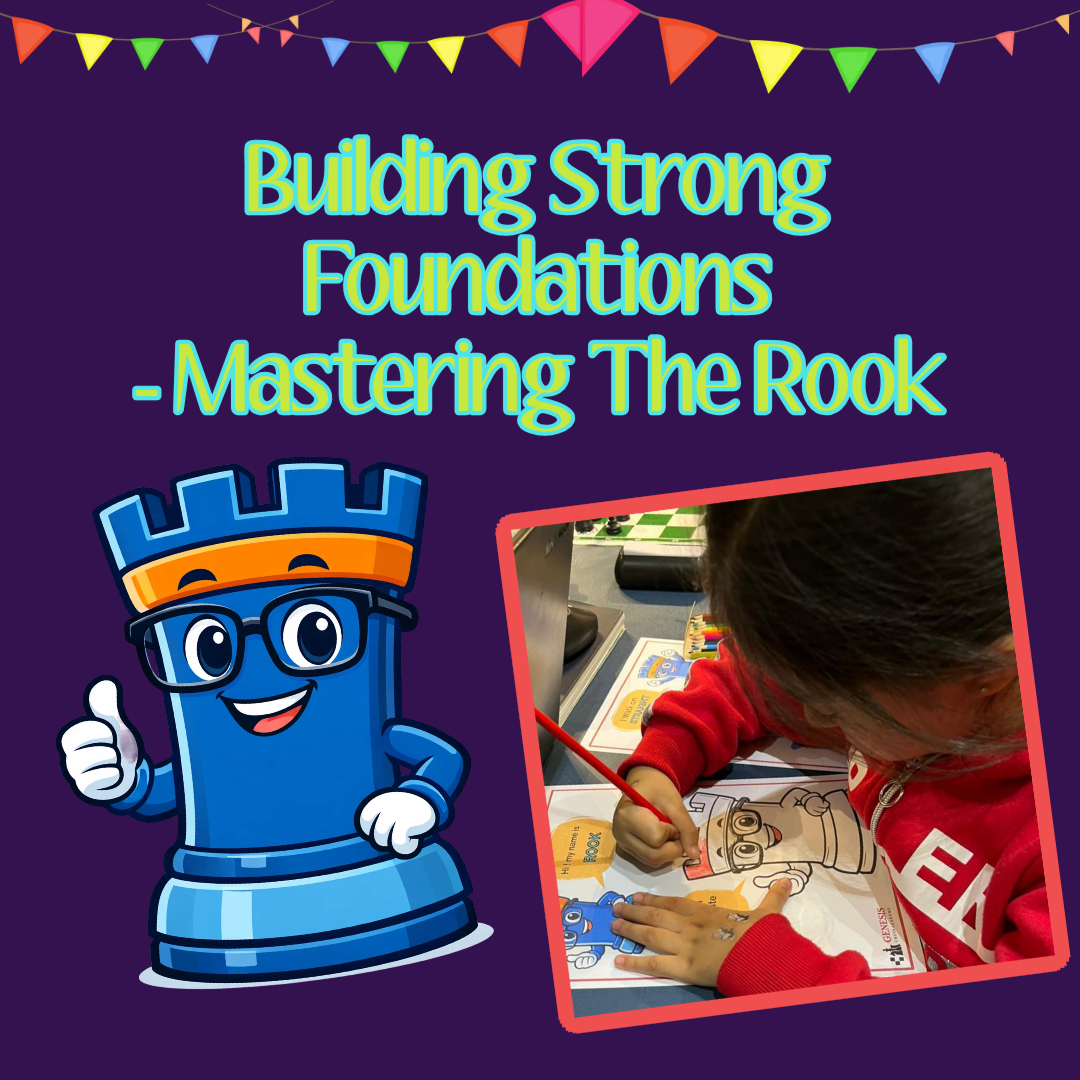
31 January 2026
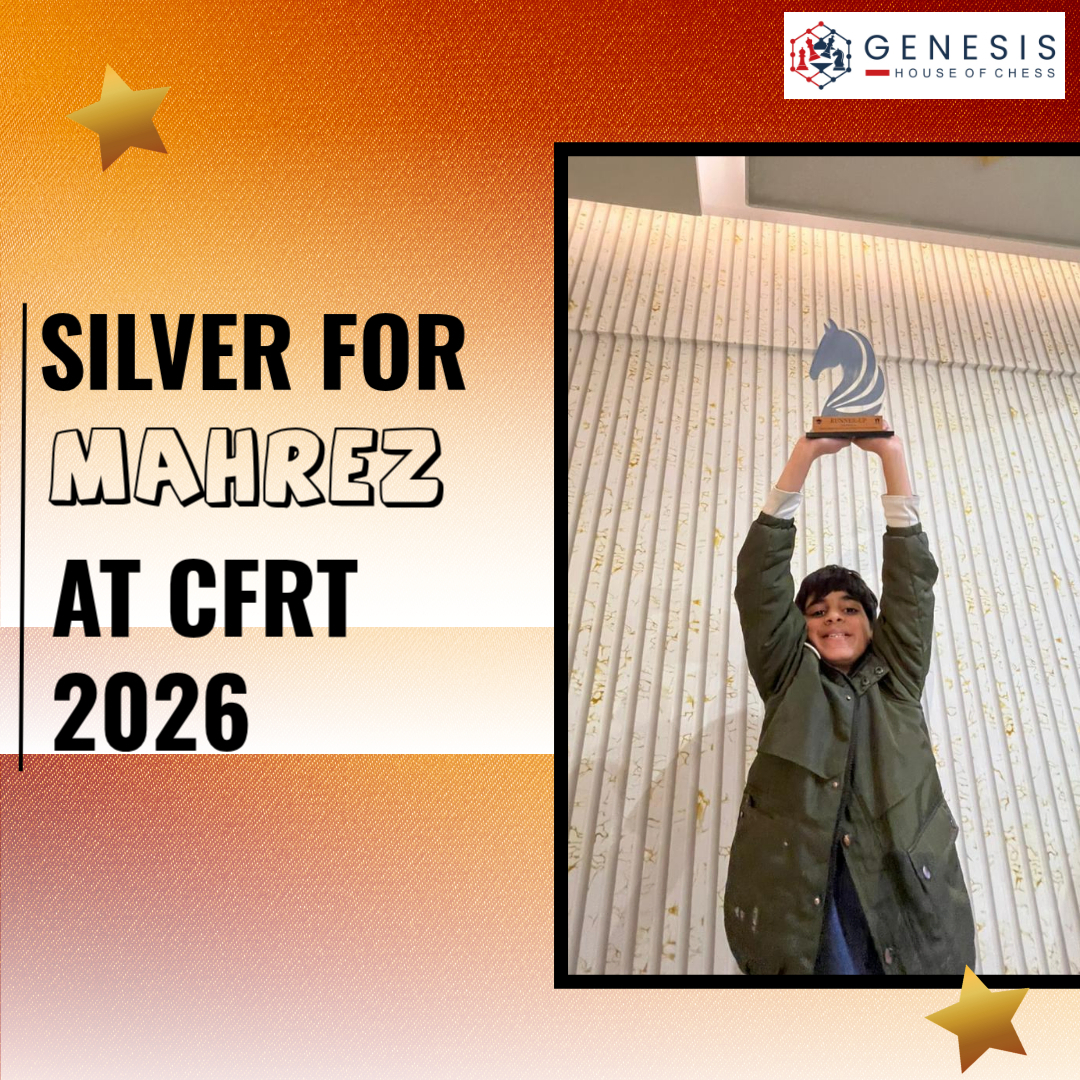
25 January 2026
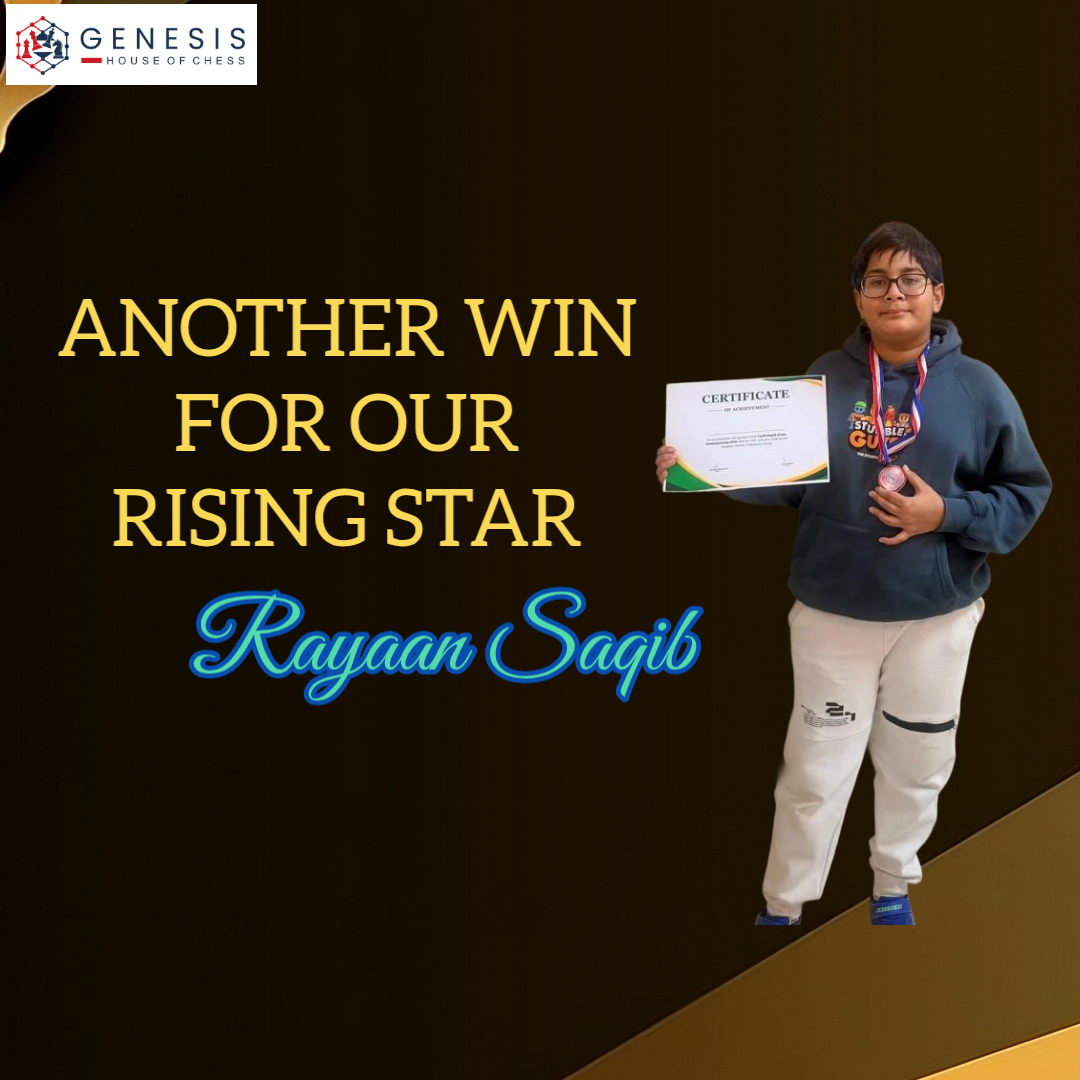
25 January 2026
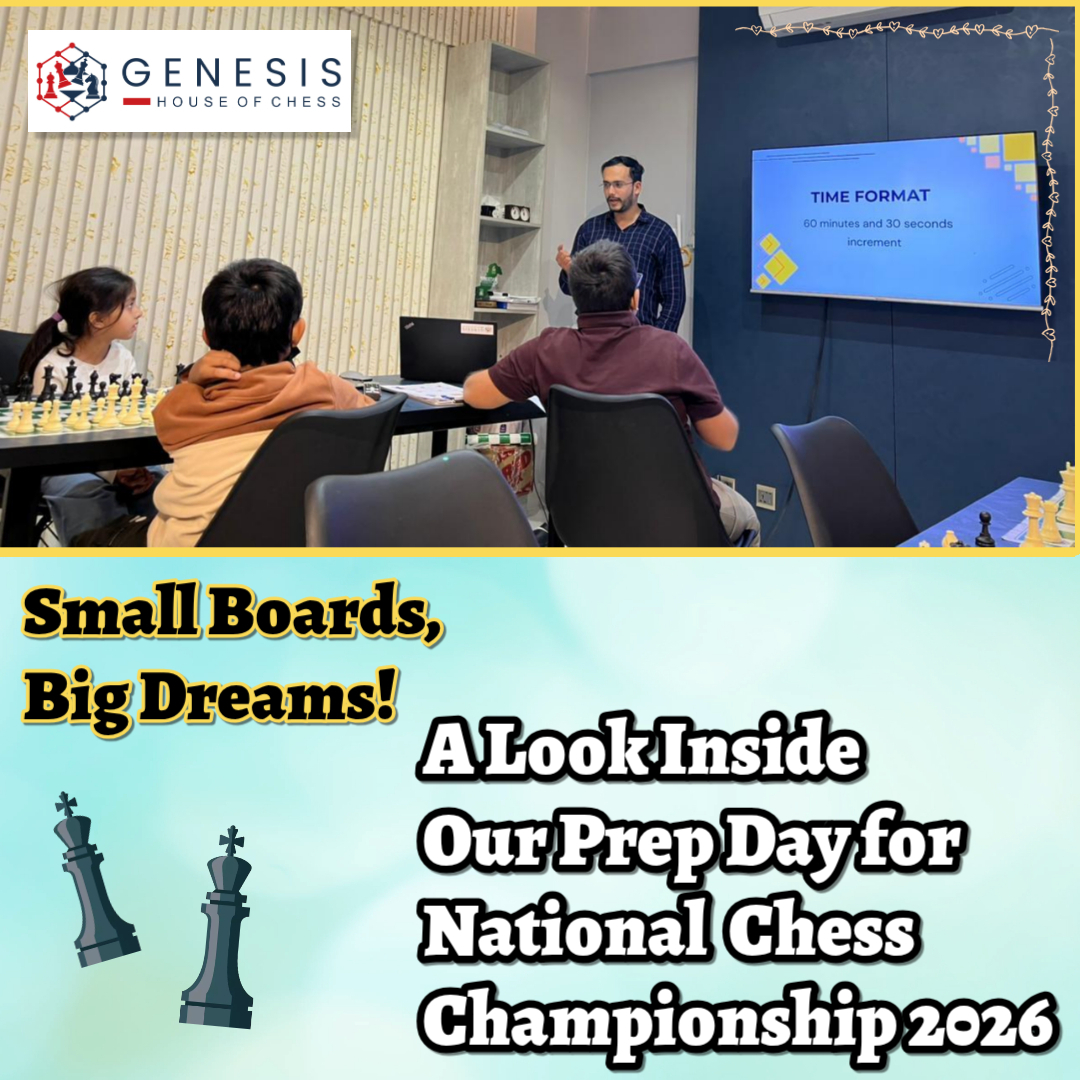
24 January 2026

22 January 2026

14 January 2026